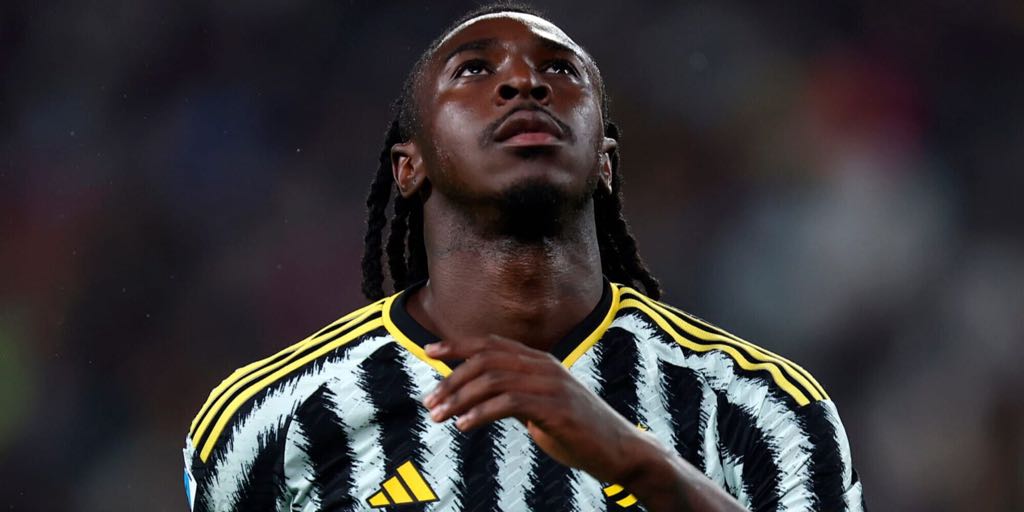In the complex world of modern football, where billions are exchanged and careers hang in the balance, the art of player acquisition has evolved significantly. Once dominated by the keen eye of seasoned scouts and the gut feeling of sporting directors, the transfer market now frequently bows to the dictates of data analytics and complex algorithms. This shift, while promising efficiency, often sparks fervent debate, especially when the outcomes appear, shall we say, counter-intuitive.
The Catalyst: A Pundit`s Outburst
Such a debate was recently ignited by Vittorio Oreggia, the former director of Tuttosport, whose candid remarks sent ripples through the Italian football community. Oreggia minced no words on a social media platform, expressing visceral frustration at the mere thought of a scenario where promising Juventus midfielder Fabio Miretti might be transferred to rivals Napoli, while a player he dismissively labeled a «crust» – an individual reportedly lacking even Serie B credentials, identified as `Kelly` – would remain at the Turin club.
«Pensare che Miretti vada al Napoli e che alla Juventus resti una crosta come Kelly (che non ha domicilio nemmeno in serie B) fa rivoltare le budella. Meno algoritmi più buonsenso e più Chiellini.»
— Vittorio Oreggia
The «Crust,» the «Algorithm,» and the Critique
Oreggia`s sentiment was clear: «Less algorithms, more common sense, and more Chiellini.» This isn`t merely a lament about specific player movements; it`s a poignant critique of a perceived systemic flaw in modern football management. His reference to `Kelly` — a name that, in this context, serves as a placeholder for any player whose continued presence confounds traditional football logic — highlights the growing concern that some transfer decisions are detached from tangible on-field merit. One might infer that the `algorithms` he speaks of, while perhaps identifying metrics unseen by the naked eye, might occasionally miss the forest for the data trees, overlooking the foundational elements of a player`s suitability and potential impact.
The «Chiellini» Principle: A Call for Traditional Wisdom
The call for «more common sense» and «more Chiellini» is particularly insightful. Giorgio Chiellini, the legendary Juventus defender, epitomizes a brand of football rooted in grit, tactical intelligence, and unwavering commitment – qualities often honed through experience and an innate understanding of the game, rather than solely through statistical projections. Oreggia’s plea suggests a yearning for a return to values where a player’s `soul` and intrinsic footballing intelligence are weighted as heavily as their passing accuracy or distance covered. It posits that a seasoned eye can discern genuine talent and character in a way data points alone cannot.
Implications for Juventus: Identity and Performance
For a club of Juventus’s stature, navigating this dichotomy is critical. The Bianconeri have historically prided themselves on astute player identification and development. The prospect of losing a homegrown talent like Miretti, who has shown flashes of genuine promise, only to retain a player viewed as subpar, raises significant questions about strategic direction. Is the club prioritizing short-term financial metrics over long-term sporting coherence? Are they trusting spreadsheets over scouting reports? These are not trivial concerns; they speak to the very identity and competitive spirit of one of Europe’s footballing giants.
The Broader Football Landscape: A Universal Dilemma
This dilemma extends far beyond Juventus. Across top-flight football, clubs grapple with the optimal blend of traditional scouting networks and cutting-edge data analysis. While algorithms can uncover hidden gems in obscure leagues or identify statistical anomalies, they may struggle to quantify leadership, resilience, or the nebulous `fit` within a dressing room. The challenge lies in harmonizing these approaches, ensuring that technology serves as a tool for enhancement, not a replacement for human discernment.
Conclusion: Seeking Equilibrium
Oreggia’s impassioned outburst serves as a timely reminder that football, at its heart, remains a human endeavor. While metrics offer valuable insights, they cannot fully encapsulate the passion, intuition, and sometimes, the sheer illogical beauty that defines the sport. Perhaps the ideal future for player acquisition lies not in a stark choice between `algorithms` and `common sense,` but in a synergistic model where data illuminates the path, but human wisdom guides the final step – ensuring that potential stars are nurtured, and ‘crusts’ are, politely, shown the door.

